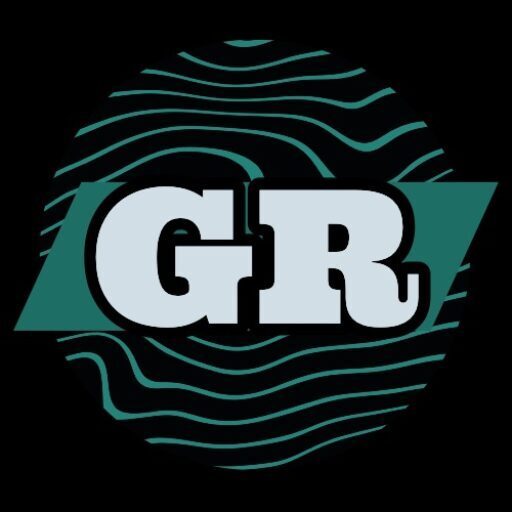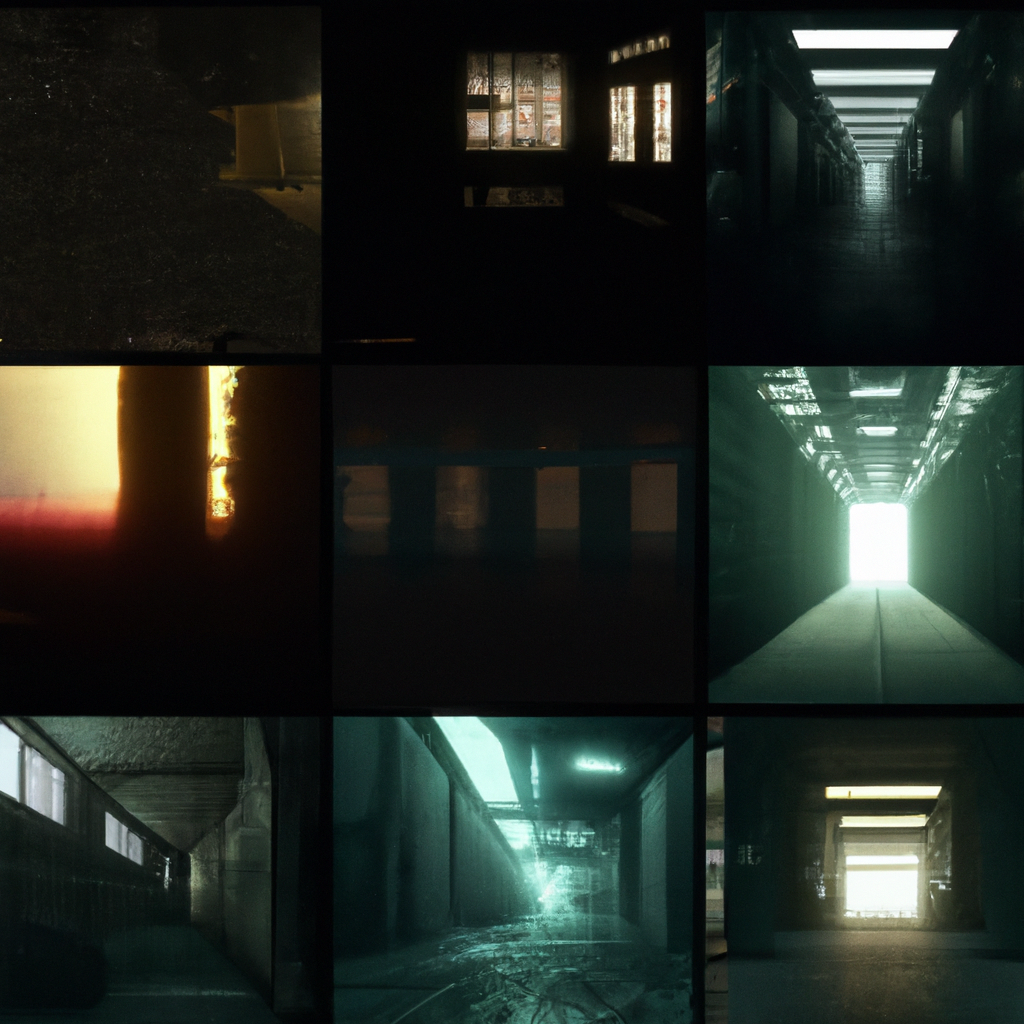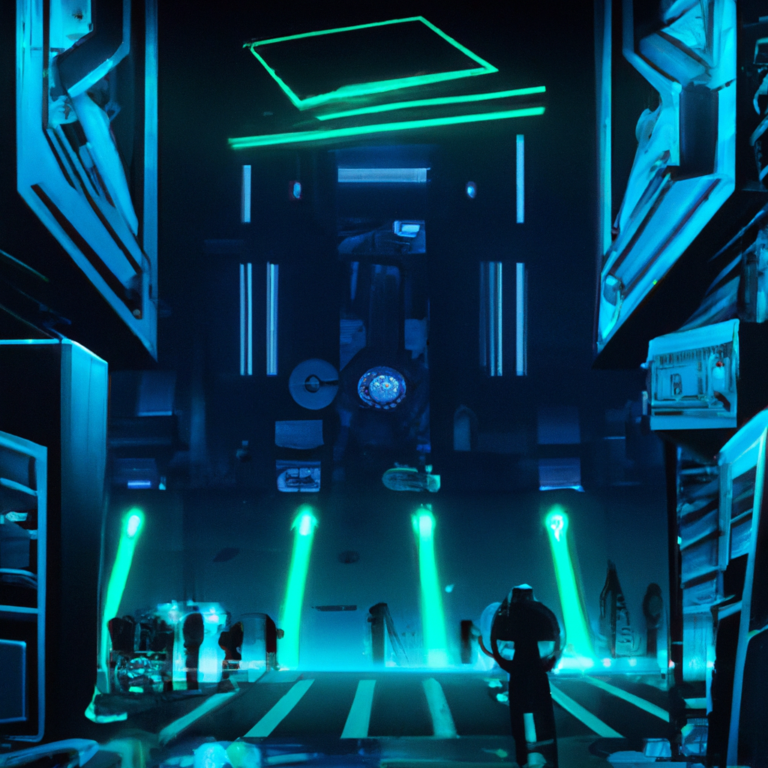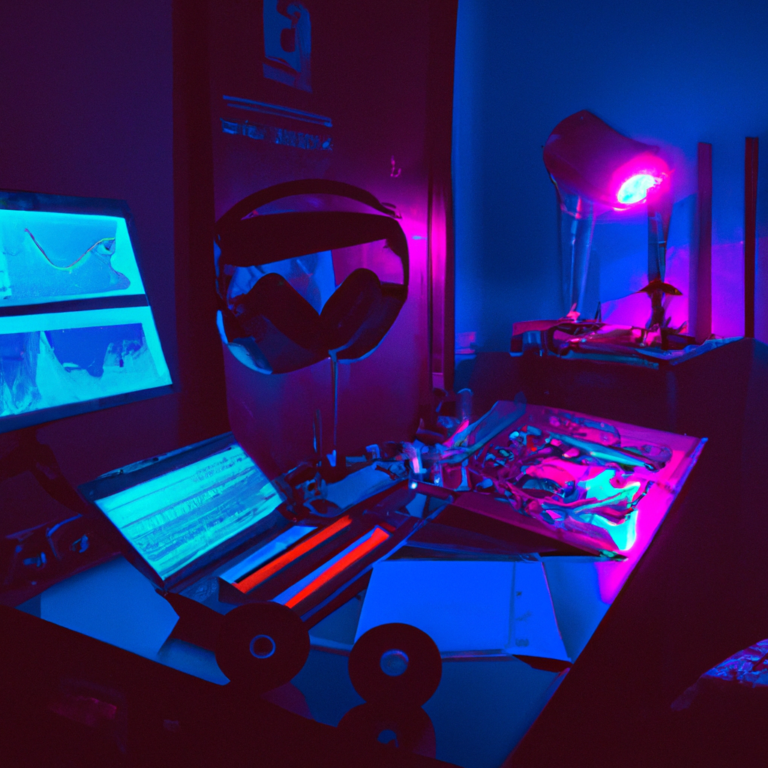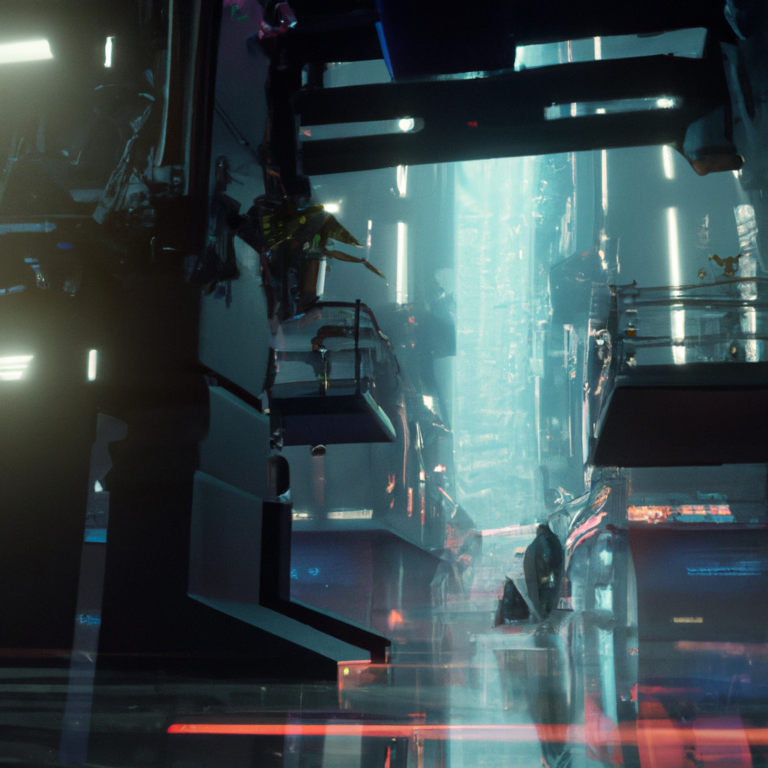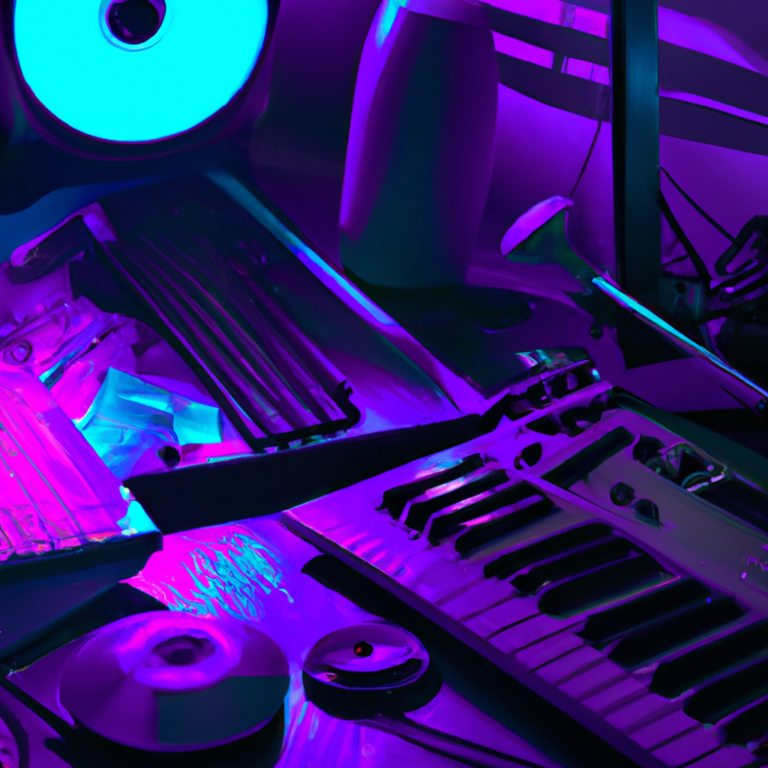“Balancing the Scales: Evaluating the Pros and Cons of Various Game Engines”
Game engines are the backbone of any video game. They provide the fundamental technologies that game developers use to build, design, and develop the immersive worlds we lose ourselves in. As you can imagine, not all game engines are created equal. In this blog post, we’ll delve into the pros and cons of some of the most popular game engines: Unreal Engine, Unity, and Godot.
**Unreal Engine**
Developed by Epic Games, the Unreal Engine is one of the most powerful game engines available.
Pros:
1. **High-Quality Visuals**: Unreal Engine is known for its stunning graphics and visual effects. It utilizes advanced lighting and particle systems, making it an excellent choice for triple-A games.
2. **Blueprint System**: One unique feature of Unreal Engine is its Blueprint system, a visual scripting language that allows you to create gameplay elements without knowing how to code.
3. **Marketplace**: Unreal Engine has an extensive marketplace filled with ready-to-use assets, which can significantly speed up the development process.
Cons:
1. **Complexity**: Unreal Engine has a steeper learning curve compared to other engines. This complexity can be overwhelming for beginners.
2. **Performance**: While Unreal Engine’s advanced graphical capabilities are a plus, they can lead to performance issues on lower-end hardware.
3. **Royalty Fees**: Unreal Engine is free to use, but once your game earns more than $3,000 per quarter, Epic Games takes a 5% royalty.
**Unity**
Unity is another widely-used engine, known for its flexibility and accessibility.
Pros:
1. **Ease of Use**: Unity is remarkably beginner-friendly, with a vast array of tutorials and resources available for those just starting out.
2. **Versatility**: Unity supports a broad range of platforms, including mobile, desktop, consoles, and VR. This makes it an excellent choice for indie developers looking to reach a wide audience.
3. **Asset Store**: Like Unreal Engine, Unity has a comprehensive asset store, which can be incredibly useful for speeding up the development process.
Cons:
1. **Graphics**: While Unity’s visuals have improved significantly, they still lag behind Unreal Engine’s, particularly for high-end games.
2. **Scripting**: Unity relies on C# for scripting, which can be a challenging language for beginners to learn.
3. **Pricing**: Unity’s free version comes with some limitations, and the full professional version can be quite expensive for indie developers.
**Godot**
Godot is a newer, open-source game engine that’s been gaining popularity thanks to its unique features.
Pros:
1. **Open-Source**: As an open-source engine, Godot is free to use without any licensing fees. This also means the community can contribute to its development.
2. **Flexibility**: Godot supports a wide range of platforms, and its lightweight nature makes it great for developing smaller, more performance-optimized games.
3. **Integrated Development Environment**: Unlike many other engines, Godot comes with its integrated development environment, making it a streamlined solution for game development.
Cons:
1. **Limited Resources**: Being a relatively new engine, Godot lacks the extensive tutorials and resources found with Unity and Unreal Engine.
2. **Less Powerful**: While its lightweight nature is a boon for smaller games, Godot may not be the best choice for large-scale, graphically intensive games.
3. **Lesser Known Language**: Godot uses its scripting language called GDScript. Although easy to learn, it’s less known and used than C# or C++, which could pose a challenge when recruiting team members or looking for help online.
In conclusion, the game engine that’s best for you ultimately depends on your specific needs and goals. Unreal Engine is great for high-end games, Unity offers versatility and beginner-friendliness, and Godot presents a streamlined, open-source option. Take time to consider which strengths align with your project and which cons you’re able to work with or around.
